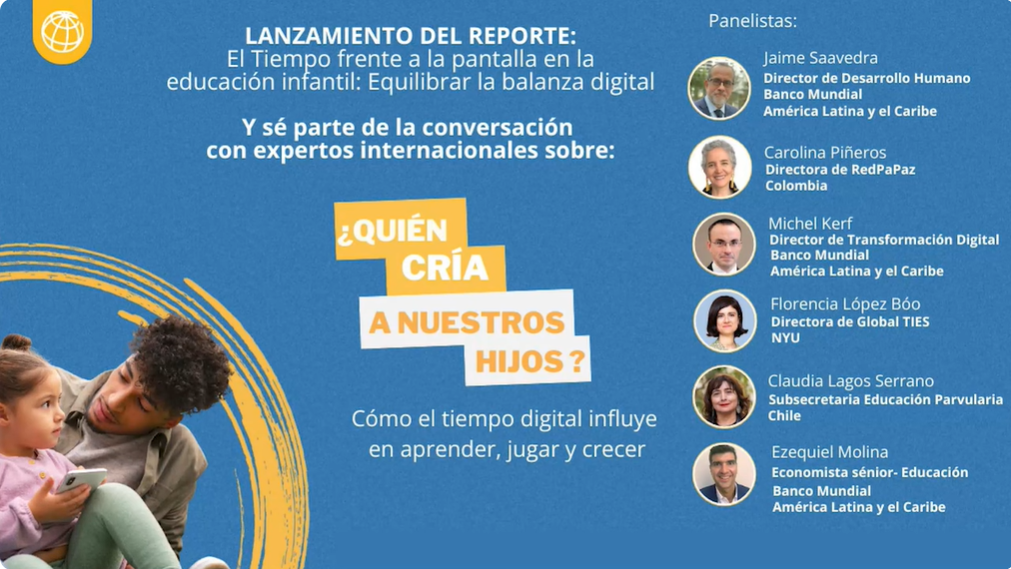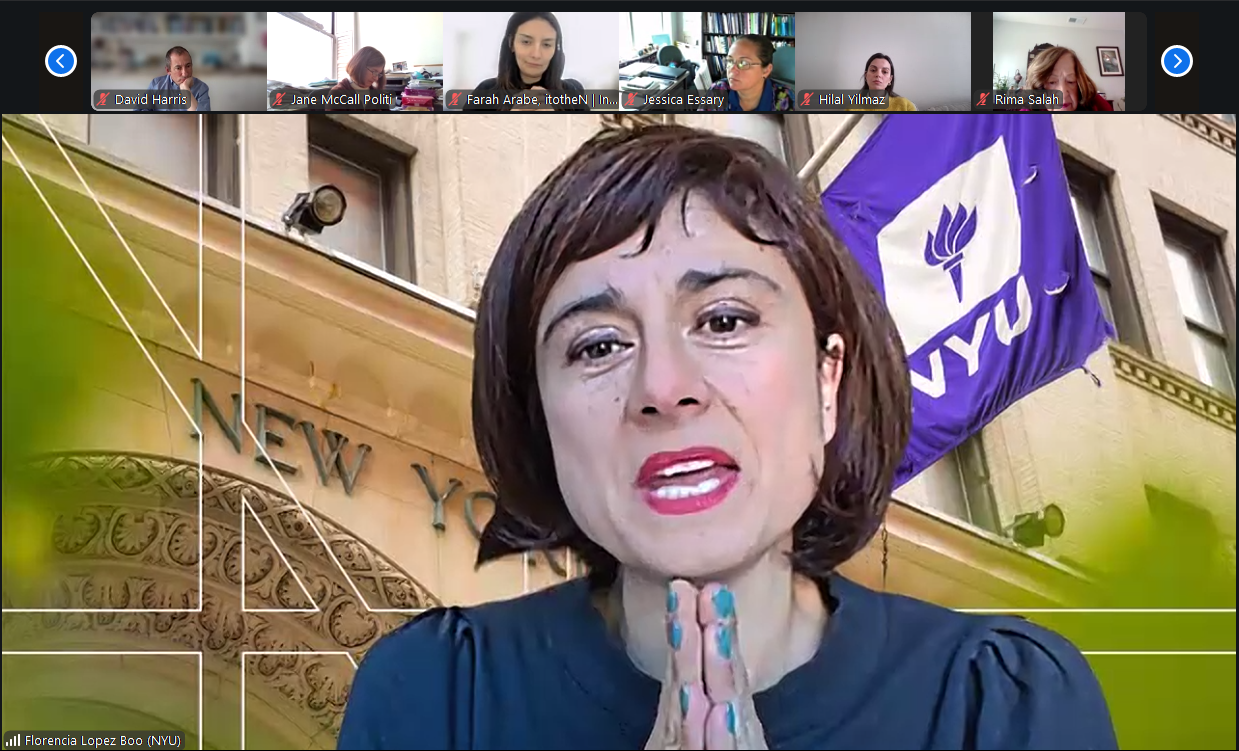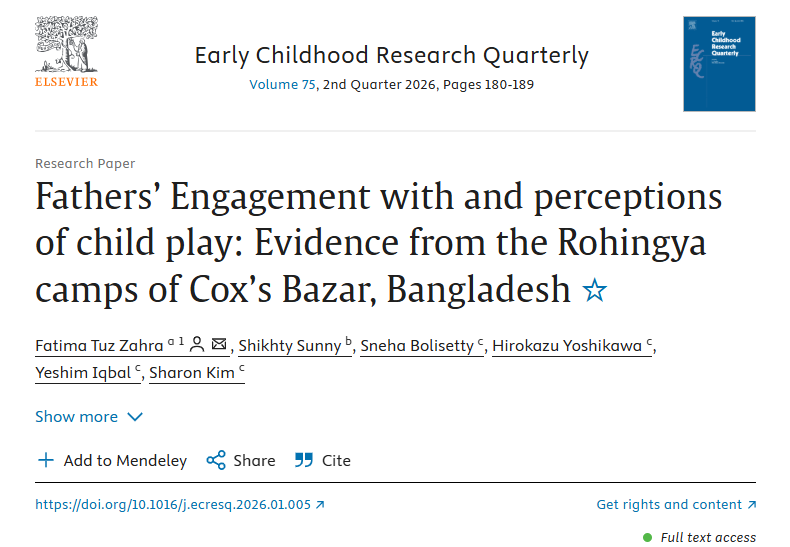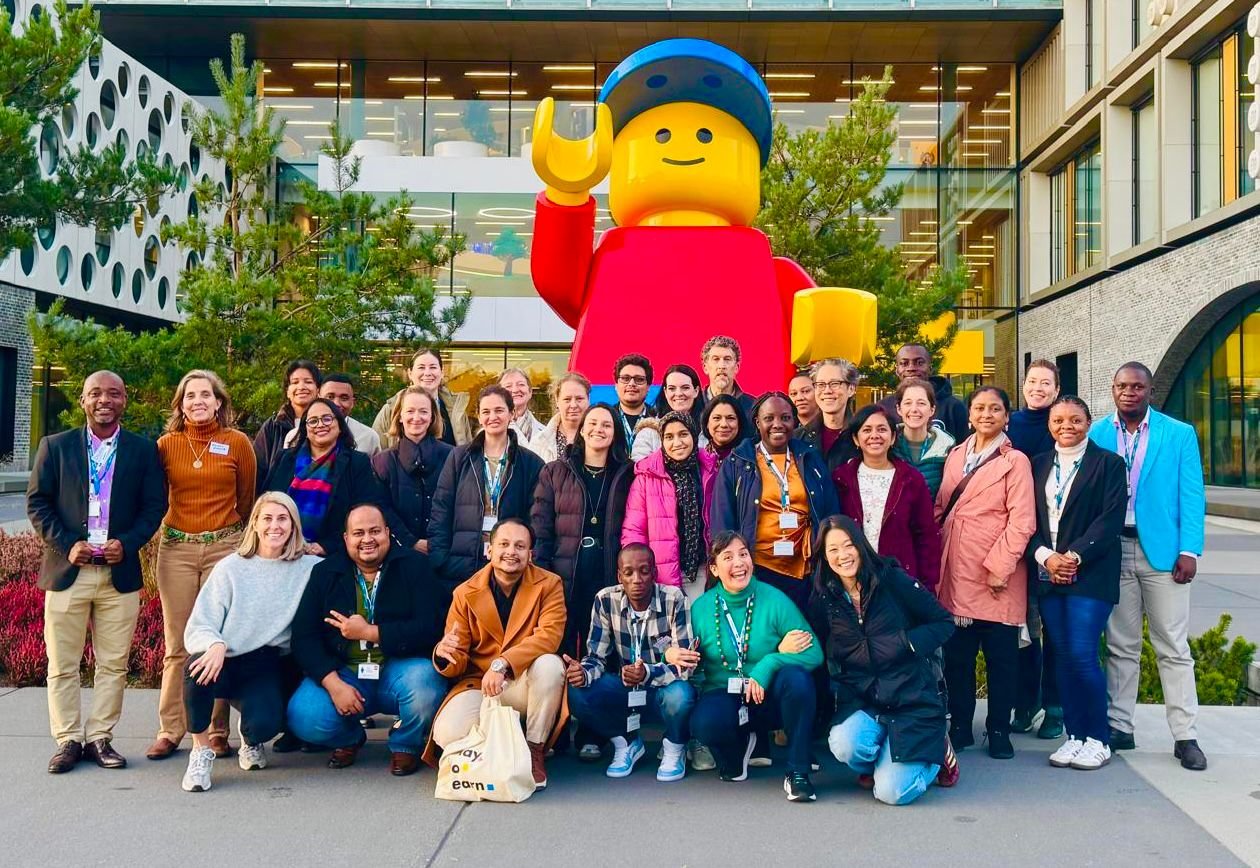Early Childhood

Overview
Global TIES for Children’s work on early childhood builds on the foundations of the Millennium Development Goals - which demanded a global focus on increasing child survival rates - and the Sustainable Development Goals - which extended this focus to include the rights of all children not just to survive, but to thrive. The early childhood projects at Global TIES aim to advance a culturally-grounded, robust science for children in their first eight years, starting at conception, who are living in contexts of crisis or conflict, with the aim to ultimately contribute to improving child outcomes.
-
For young children to truly thrive, they need to be supported by an ecosystem of parents, caregivers, teachers, programs, interventions, and policies that focus on their specific developmental needs. Such programs, interventions, and policies - including those that support parents, caregivers, and teachers - need to be grounded in evidence that is contextually-sensitive, inclusive of targeted beneficiaries, and rigorous in its application.
As such, our work in this area aims to:
Contribute to a robust and culturally-grounded science in the field of early childhood development
Employ multi-method and participatory research approaches, engaging in mutual capacity building with our partners
Conduct work on innovative programming, including multi-generational and lifespan approaches that integrate early childhood with adolescent and adult development
Advocate for evidence-based policy and practice using a range of communications and engagement strategies
Create global public goods in the areas of measurement with the aim of systems improvement at scale to enhance early childhood development
Early Childhood Projects
The Engage project develops and validates tools to measure how adults support children’s learning through play across homes, schools, and diverse global contexts.
Global TIES and icddr,b study caregivers and children in Rohingya and host communities to assess early-life impacts of war and displacement on development.
Play to Learn united Global TIES, LEGO, Sesame Workshop, BRAC, and IRC to bring play-based early learning to children and caregivers affected by global crises.
Ahlan Simsim, created by Sesame Workshop and the IRC, delivered early learning and care to children affected by conflict across the Middle East, transforming crisis response.
This project involved developing, testing and scaling-up supply and demand-side interventions to improve Kindergarten educational quality in Ghana.


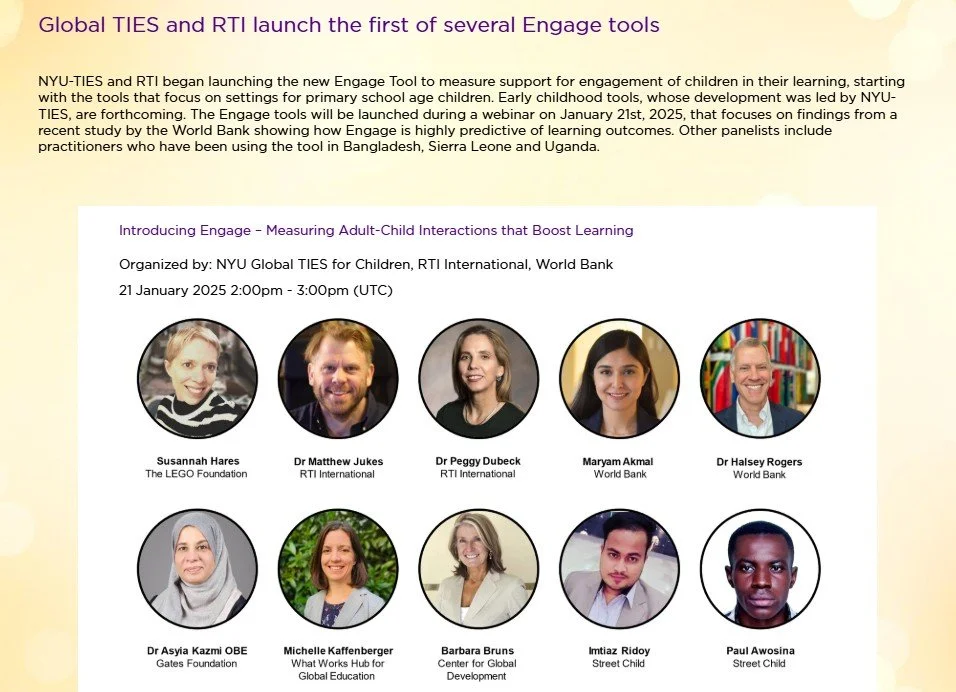

![Play to Learn [2018-2025]](https://images.squarespace-cdn.com/content/v1/5fa0560c3a27c834f6a6b5ac/1754074705612-JHGZ4SPGCVA2CHMS1Z3A/Play+with+a+Purpose+Event+Jan+2025.jpg)
![Ahlan Simsim [2019-2023]](https://images.squarespace-cdn.com/content/v1/5fa0560c3a27c834f6a6b5ac/2b2adc40-ac1c-40f1-a862-18c6b8b69ce3/GRP-p043-AS.jpg)
![Quality Preschools for Ghana (QP4G) [2015-2019]</span>](https://images.squarespace-cdn.com/content/v1/5fa0560c3a27c834f6a6b5ac/1677527046858-Q8NJBU5T0EGLDJ28NY8Z/Screenshot%2B2022-03-08%2Bat%2B11.19.59.jpg)
